Description
L-Glutamine is a nonessential amino acid that is the most abundant free amino acid in human muscle and plasma. It is necessary for rapidly dividing cells, including those of the gut and immune system.1-11 It is also used as an energy source in mitochondria, and is a precursor of the brain neurotransmitter glutamate.13 Glutamine is also needed for optimal nucleotide biosynthesis and protein synthesis.14-17
The function of glutamine in stimulating glycogen synthase, the enzyme which controls the synthesis and storage of glycogen fuel storage in muscles and liver, may provide a mechanism by which glutamine supplements promote enhanced fuel stores. Glutamine supplements cause a rapid rise in cellular glutamine levels and glutamine stores in muscle.
Glutamine is an important fuel for some immune cells, such as lymphocytes and macrophages, that may have specific immunostimulatory effects.24,25
Glutamine is a very diverse amino acid that is utilized in numerous functions that are important for daily living. People that do heavy exercising can lower their glutamine levels causing stress to their body and immune systems.18 For that reason supplementing with glutamine can be an important part of a serious athlete’s program or someone challenged with loss of muscle, or just wanting to help maintain optimal immune function while under heavy stress.7-23 Glutamine supplements cause a rapid rise in cellular glutamine levels and glutamine stores in muscle.
Supplement Facts
| Serving Size: 1/2 teaspoon (approx. 2 grams) Servings Per Container: about 51 | |
| Amount Per Serving | |
| L-Glutamine | 1.95 g |
| Other Ingredients: none. | |
Dosage and Use:
- Take 1/2 teaspoon daily on an empty stomach, or as recommended by a healthcare practitioner.
Caution: If you have significant kidney or liver disease, please consult your healthcare practitioner before using this product.
Warnings:
- If pregnant, nursing, or undergoing treatment for a medical condition, consult your physician before taking this product
- Keep out of reach of children
- Do not exceed recommended dose
References:
1. Am J Physiol Gastrointest Liver Physiol. 2009 Feb;296(2):G348-55.
2. Cytokine. 2008 Oct;44(1):92-5.
3. Zhongguo Yi Xue Ke Xue Yuan Xue Bao.2000 Oct;22(5):425-7.
4. JPEN J Parenter Enteral Nutr. 2003 Jul-Aug;27(4):241-5.
5. Curr Opin Clin Nutr Metab Care. 2006 Sep;9(5):607-12.
6. Amino Acids.1999;17(3):227-41.
7. Br J Nutr. 2002 Jan;87 Suppl 1:S3-8.
8. Sports Med. 1998 Sep;26(3):177-91.
9. Am J Clin Nutr. 2008 Nov;88(5):1284-90.
10. J Parenter Enteral Nutr. 2003 Jul-Aug;27(4):241-5.
11. Nutr Rev. 1993 May;51(5):152-5.
12. J Nutr. 2001 Sep;131(9 Suppl):2488S-90S; discussion 2496S-7S.
13. NMR Biomed. 1991 Apr;4(2):59-63.
14. Biomed Pharmacother. 2002 Nov;56(9):446-57.
15. Braz J Med Biol Res. 2003 Feb;36(2):153-63.
16. Cell Biochem Funct. 2003 Mar;21(1):1-9.
17. Nutrition. 2002 Feb;18(2):130-3.
18. Nutrition. 1997 Jul-Aug;13(7-8):738-42.
19. Cytokine. 2002 Apr 21;18(2):92-7.
20. Int J Biochem Cell Biol. 2002 May;34(5):439-58.
21. World J Gastroenterol. 2005 Oct 21;11(39):6197-201.
22. Clin Nutr. 2003 Aug;22(4):407-13.
23. Am J Physiol Gastrointest Liver Physiol. 2003 Aug;285(2):G266-73.
24. Burns. 2006 Aug;32(5):589-93.
25. Nutrition. 2010 Jun;26(6):677-81.
26. Why is L-glutamine metabolism important to cells of the immune system in health, postinjury, surgery or infection?
27. Does glutamine have a role in reducing infections in athletes?
28. Dosing and efficacy of glutamine supplementation in human exercise and sport training.
29. Nonnutritive effects of glutamine.
* These statements have not been evaluated by the Food and Drug Administration. This Product is not intended to diagnose, treat, cure or prevent any disease.


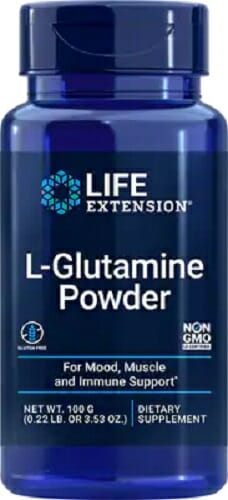
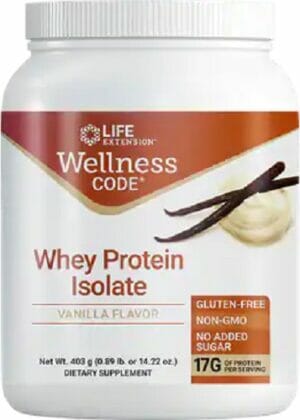
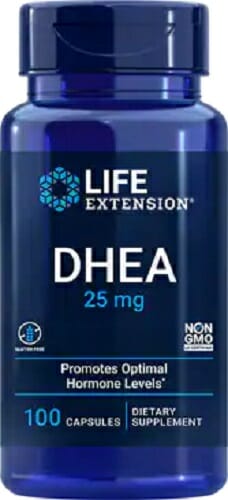
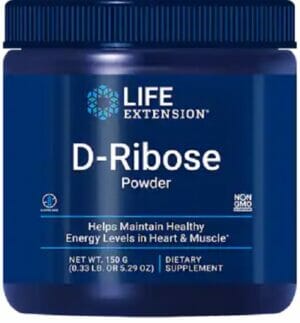
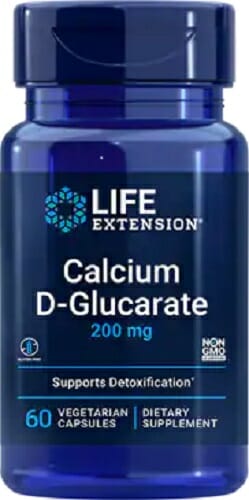
Reviews
There are no reviews yet.